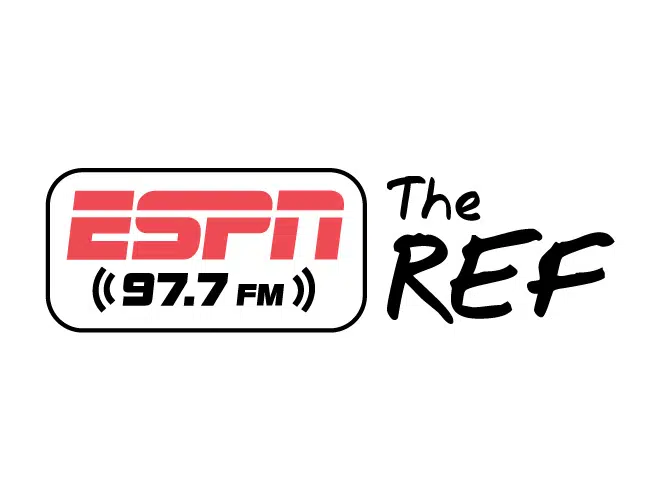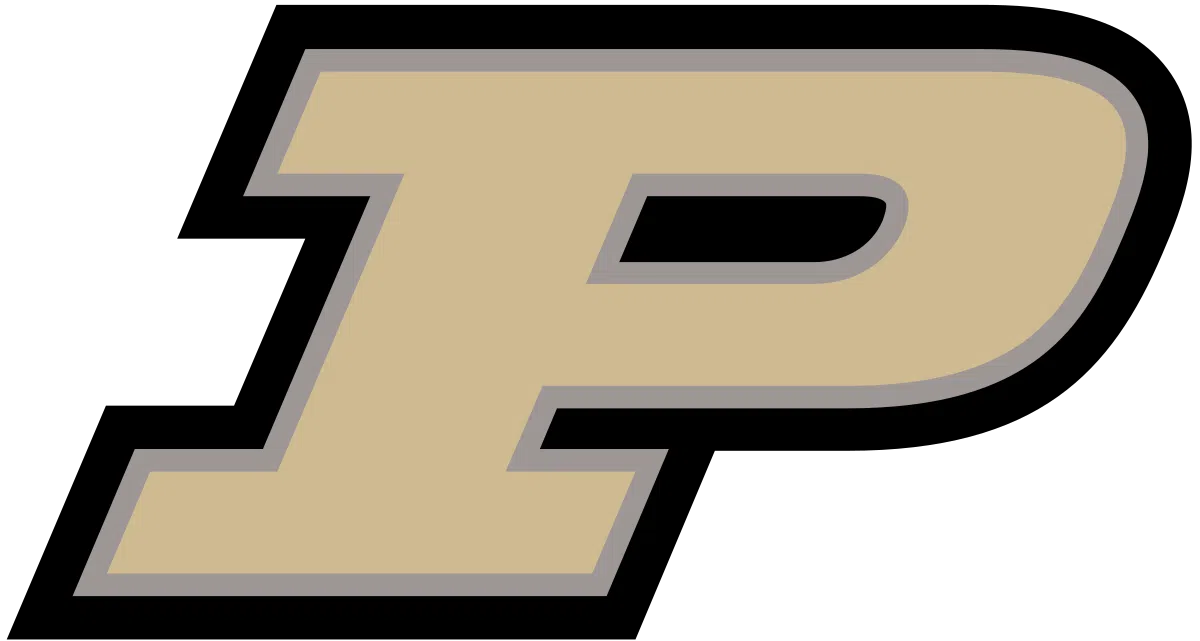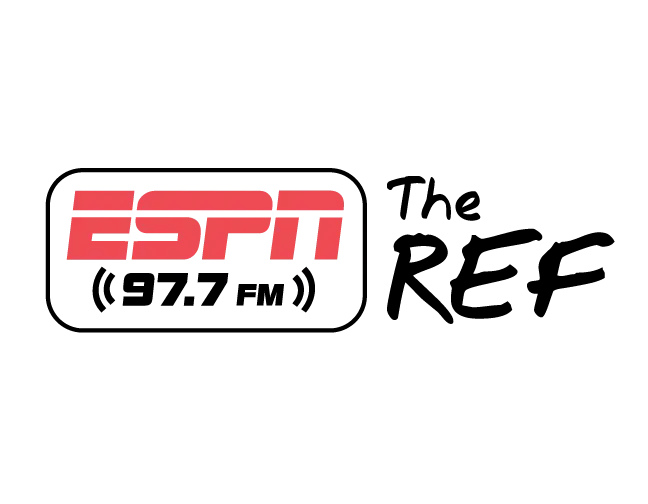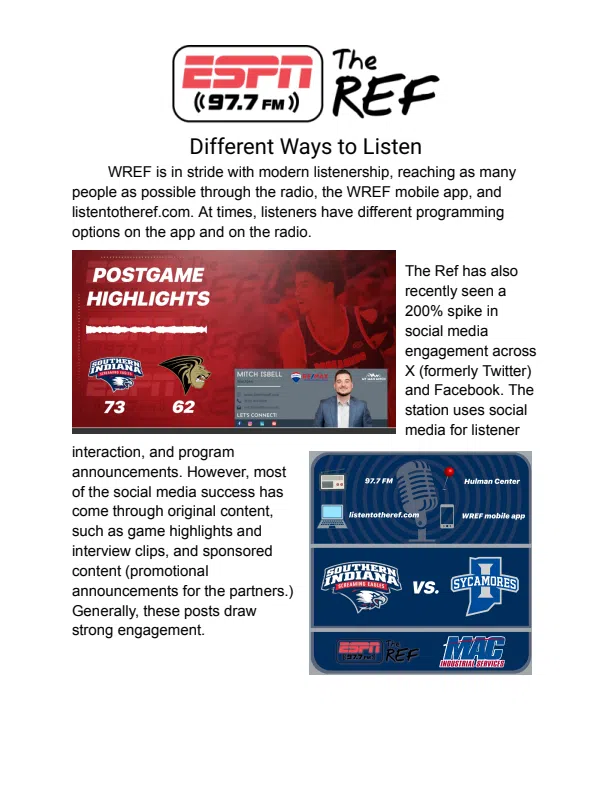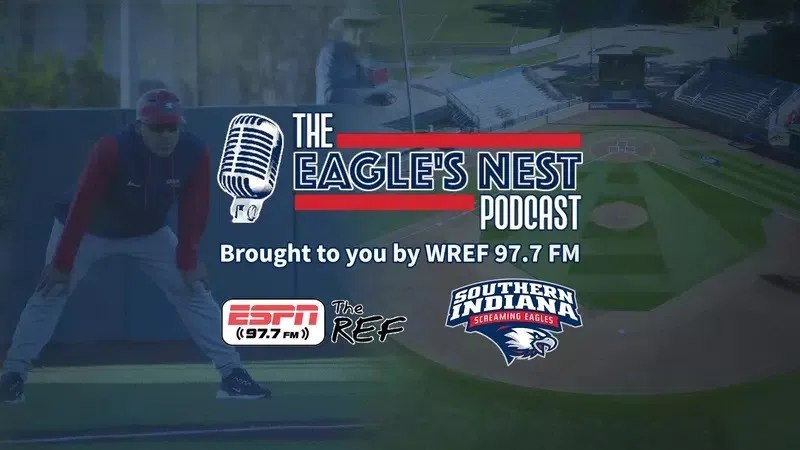Credit to: purduesports.com
WEST LAFAYETTE – Barry Odom was named the 38th coach in Purdue Football history on Sunday, Nov. 8. On Tuesday morning, Odom was introduced to the Purdue community and addressed the media for the first time as a Boilermaker at his welcome event at Mackey Arena.
Q. Coach Odom, why do you think you can win consistently at Purdue?
ODOM: Well, I think there’s a number of reasons on why. You look at the tradition-rich history that this program has and the athletics department. You look at the leadership with the athletics director and those in leadership roles, that it’s aligned. The commitment that they have shown in every single area once we started our discussions, I feel very, very strongly that we can get that done on a fast track.
I was able to compete here as an opposing coach not too long ago. I saw the tremendous fan support led by the students. It was something that I’ll remember forever.
The components geographically, then the high school recruiting. There’s great coaches in this state and surrounding area. Recruiting will be obviously vital to our success. Not only high school recruiting, but the ability to attract student-athletes here in the world of transfers.
There’s a number of things that I believe in on the reasons why. Those would be some of the main points on how we’re going to start getting this done.
Q. Barry, you mentioned having an explosive offense. What is your general philosophy on how you want to build an explosive offense at Purdue?
ODOM: A lot of times you can have schematically how you want to attack and run an offense, defense or kicking game. First and foremost, it’s built around the roster that you have. You’ve got to create opportunities for your players on how your makeup of the roster is currently. Don’t ask them to do something they can’t do.
We’ve got to be great teachers. We have to be great evaluators. Then we have to build an offense, defense and kicking game around the strengths of our players. We have to be great teachers in making them understand the reasons why we’re calling the play, how important it is to get their job done.
Offensively speaking, we have to have the ability to run the ball. That is certainly going to open up the vertical passing game. More now in college sports and football, when you can get the ball in space with great play-makers down the field, intermediate routes, with a great quarterback, that’s going to turn into explosive plays, which will create touchdowns.
Q. Mike, did you have to account for the unknowns of next year and beyond as much as the challenges you know are ahead? If so, how did that help lead you to Barry?
MIKE BOBINSKI: Which unknowns? Which ones are you talking about?
Q. The unpredictability of what’s coming next. The ground is shifting underneath our feet all the time.
BOBINSKI: Absolutely. As we were thinking about how we would move forward, we wanted somebody to grasp and find a strategy to operate effectively in what college football and college athletics are going to look like beginning in 2025.
As I mentioned out in the arena there, I think Barry has shown an ability to adapt to the environment, to do incredibly good work in flipping a roster almost instantaneously at UNLV where they had great success. To be able to do that, having now the added impetus of significant resources to apply to that, I think gives us a better opportunity.
As I’ve said a number of times, I believe as the world turns here in 2025, when we move into the revenue-sharing environment, the world comes back to Purdue in some ways. We are going to operate at the full cap. We’re going to be as resourced as anybody in the country, allowing Barry and his staff that ability to be eyeball to eyeball to everybody we’re competing with from a transfer and/or high school recruiting perspective.
I think it gives me great confidence knowing his track record of being able to do it at a place where they had little to no resources. But now arming him and his crew with everything they need, I think I’m very excited about what can happen.
Q. Barry, you mentioned you adapt to the players you have. At some point that kind of shifts to recruiting to the players to adapt to your system. How do you balance that in a transition period? What is your idea of roster construction with the 105 model, from a coaching standpoint?
ODOM: That’s a great question and a lot of different layers to it.
I had a team meeting yesterday. I want everybody that was in that team meeting to stay through the process because I believe for them we’re going to build it early on on hope, vision and belief. Then there’s going to be some validation. They’re going to look back at it as the most rewarding athletic experience they’ve ever been through.
We all know that rosters change. Some of the guys that I met with yesterday most likely won’t be still on the team because they’ve chosen to do other things.
If we didn’t have any transfers, we would be the only school in college football that didn’t. We would be very, very unique in that capacity. I think, number one, keep the group that we’ve got. Let’s start training them on the habits that will produce championship habits, then be very select and direct on not only high school recruiting but then attracting players that want to come play here, whether they have multiple years or one year left.
We have a really good track record and opportunity that I’ve looked at since I’ve been here the last day and a half. This is a highly attractable place. There are a lot of guys that will want to come play here. I think there’s a balance on how you look at that and how you structure it. From freshman to senior class, there’s got to be some sort of equality on what that looks like throughout the roster.
This past year 30 seniors were on our roster at UNLV. That’s becoming a little bit of a norm where that senior class is a little bit heavier because of the transfer.
I think, number one, galvanizing the group that we have, put them in position to play winning football and understanding what the foundation looks like. Then we add to that not only in the next signing period, but as the portal continues to stay open on how we can attract players to be here.
Q. Barry, out there you talked about embracing the culture that Purdue has had. How do you balance that with establishing your own culture, what you want to do for Purdue?
ODOM: The great thing is historically the culture here would be a very descriptive word of the things I believe in: blue-collar, hard-nosed, tough, disciplined brand of football. Also in the Tiller days scoring a lot of points and how they did it. If I had Drew Brees at quarterback, I would be throwing the things around the yard a lot, too.
Again, you have such opportunity now in the world of college football on bringing guys into the program. But once they get here, then it’s Purdue and our way on the things that we do and the things we believe in that are going to give us the opportunity to have success.
I’m excited about building the roster. I’m excited about what we’ve got coming back. I would like to retain all of them. But understand I’ve got to be very, very aggressive in building the roster for next year. Then foundationally you look at being able to evaluate, attract high school kids, develop them in your program the way you can to make sure year one, year two, year three we have a rise in what we do developmentally in the program.
Q. Are you going to have a competitive NIL collective for you to be able to retain talent and also get talent out of the portal?
ODOM: Yes, as Mike said, I think we’ll be as aggressive and competitive as anybody that we’re going up against. I believe in that. Now being here on the ability to be able to attract student-athletes, I’m more excited today than I was two days ago when I arrived.
I think there’s opportunities on guys that will want to come play here, for a number of reasons. They’re going to be coached by great coaches. They have an opportunity to graduate from one of the most prestigious universities in America. Then we’re going to win. We’re going to do it in a way that prepares them for life after sport, but also to go and compete and get drafted in the NFL.
Q. You called this a dream come true job for you. What about this role was attractive to come here and leave UNLV after two seasons?
ODOM: You look at the leadership in the A.D.’s chair. You look at leadership on campus. That alignment adds up. Their vision of what they want the football program to be is exactly what I do. They want to compete and win championships. They’re going to resource it the way to help us get that done. That, number one.
The ability to play in the Big Ten conference was very, very attractive to me. The geographic location in the Midwest is where I’m from and believe in. I think that we can turn this team into a winner really quickly.
Q. Have you already determined which staff members, support staff, are coming with you?
ODOM: Yeah, there’s ongoing conversations with a number of folks. Out of respect for some of the coaches that we will bring here playing in bowl games, I’ve got a really good list of guys that are certainly attracted to wanting to work here. I think it’s a prestigious opportunity for people to look at. Understand there’s great growth that’s going to take place here.
In the next few days we’ll have some that join us from outside. I don’t want to put a time frame on that because I may miss it a couple of days with bowl competitions going on, then the ability to get them here, what that looks like, out of respect on what they’re trying to finish in their seasons.
But we will put together an elite staff that will help us get this off the floor and moving in the right direction really quickly.
Q. It’s been natural for coaches moving up from Group of 5 tend to bring players with them. Have any of your UNLV players made that contact with you?
ODOM: I had such great relationships with every place that I’ve been and players. I think if you do it right, it’s one of the most rewarding relationships that you can have in life, the coach to player. It’s built on trust, built on openness, honesty, love. I feel responsible to make sure they get their college degree and make them the best player they can be.
My vision for them not only at my previous stop but everywhere I’ve been is to make sure when they leave our program that they’ve got an opportunity to be better husbands, better dads, better fathers, better sons and make our society a better place.
The culture that we have established over the years would align to being described as a family. We will have a number of guys that will want to follow us from the different stops that I’ve been, or maybe have missed out in a recruiting battle with somebody somewhere else, then they want to come back and play for me and for our staff.
That’s ongoing. The portal is open. There will be guys that have an opportunity to get in, and we’ll have conversations at that point. I would look at the opportunity for some of those guys that have interest in doing that, I would certainly be open to the conversation.
Q. Mike, the commitment Purdue has made with revenue sharing coming, can you put a number on that and detail it in terms of how you came to that money, how that money gets disbursed?
BOBINSKI: Probably won’t give you all that. The revenue sharing cap is the same across the board. It’s $20.5 million. Purdue will be at $20.5 million. Football will participate in that in a very significant way, which is I think the norm in the Big Ten, is that everybody is going to make a significant commitment to football. We are doing exactly the same.
Coach and I have talked about what that looks like from a football perspective. We haven’t detailed out yet exactly who gets what. That’s all way down the line here. That really will be at Coach Odom’s recommendation. We will jointly figure that out. We will, again, have every resource that anybody else has available to us.
Q. Mike, you heard Barry say ‘blue-collar’. Out there you listed the years and years he put into getting to the point he’s at. How much of an attraction was that, blue-collar…
BOBINSKI: As we worked through the field of folks, that persona of Barry’s, what I believe will be an immediate sort of resonation with our community, certainly was a value add. It’s not the only thing, but in this case I think, my God, the fit is going to be so close and so complete that I think it just will allow things to get done in a lot quicker fashion.
Our success has always been when we recruit young people in any sport that buy into the whole Purdue experience, that buy into that model. When you have a head coach that embodies the Purdue experience and persona, I think it all just works together a whole lot better.
I think the way Barry goes about his work, the way his staff will go about their work, the personality our program will take on immediately, will really resonate with the type of young players and guys that will ultimately lead us to success.
That’s how we get it done here. We never trick anybody into coming to Purdue. It doesn’t work. They’re here for a short period and they’re gone. It’s people that understand when you come to Purdue, you have to be a student for real, you have to be willing to work, from a football perspective you have to put that work in every single day. You have to welcome the discipline, welcome the structure. I think if you do that, really good things will happen.
Barry, it took three seconds to figure out that’s who he is. I mean, at our very first conversation, I think we both got off the phone saying, ‘I think we’re wired very similarly.’ I think in this case that’s going to be a tremendous partnership and a chance for us to really sort of a whole become greater than the sum of the parts, which is how great things happen.
Q. Barry, how would you describe ‘success’ in the short and long-term at Purdue?
ODOM: I think you look at the development of your student-athletes in every area: socially, academically, obviously athletically. We’ll have benchmarks that we set out, goals that we set out, individual offense, defense, kicking, win/loss record, bowl games, Big Ten championship, expanded Playoffs.
Ultimately we want to be playing in Indianapolis, then we want to be in a position to have a seat at the table. That’s the ultimate. That’s what we’re working for. That’s our vision. That’s my mindset. We’re going to be every decision that I make, that our team makes, that everybody that touches our players, will pour into that.
I don’t want to put any restraints or self-restrictions on us because of anything that’s happened here before we started today. Everything that we do after today, up until the first opportunity that we get to go compete in the arena, we’ve got a long ways to go and a short time to get there.
Nobody in college football has more time than we do. Everybody gets exactly the same amount of time every single day. How can we use our time to put ourselves in position to go play winning football? It’s a process that I believe very strongly on strong conviction, on the roadmap to gets that done.
Q. Barry, I’m sure you’re going to have a general manager. Can you talk about that role within your program.
ODOM: I think title-wise, there’s a number of different ways that you can divide up a staff. You have 10 assistant coaches, then graduate assistants, analysts. Mizzou, years ago, I was a graduate assistant, then I became the director the recruiting. Then it was a department of one, which is kind of exhilarating because you were in charge of it all. Now we have a department of probably way too many people. We’ll get a good feel of what that looks like.
The general manager role, as you asked specifically about, I think a lot of oversight in revenue sharing, what that looks like, being aggressive how you can capitalize on those things. The ability to connect and the opportunities to continued to build here in the next few months are collective on how important that will be.
It’s got to be a sprint through the finish line, not just a gradual finish until rev share kicks off. Very aggressive in that market. But also with oversight and leadership in all areas in our program, from assistant in recruiting, assistant in developing our current team and student-athlete, then transition on the new faces we have in the program.
Q. What did you learn during your two years at UNLV that you can now apply to a place where there are more resources? You had to work the portal, do more with less. How did you grow as a coach the last couple years?
ODOM: I think you always learn from your experiences as I mentioned on the floor, good and bad.
There were things there that when we took the job, as every job, there are problems, there’s also solutions. So just like any new start, there’s going to be things you have to navigate through.
We understood how to capture what we needed there and what would make what we thought immediate success in a program that for the last 40 years hasn’t had much success. But we also recruited the right way to the student-athletes. We had really good leadership from Erick Harper, the director of athletics. Then we have a group full of assistant coaches, probably the best group I’ve been around in a long, long time, on just their willingness to work. Then the ability for our guys, the student-athletes on our team, for their habits to align to be great.
Anything that we put in front of ’em, they went and attacked. That was unique in that way. They were hungry for structure and discipline. Some of them didn’t know it, but then once we got started into the process, then it was as complete of an organization and team functioning on all levels as I’ve been a part of.
I think through vision, through alignment, through communication, then that will be the same case here.
Q. You’ve already had a lot of questions about NIL stuff. Obviously the Matthew Sluka situation was one that got some attention with your program last year. What are you telling prospective portal players about that situation? Why they shouldn’t think that’s indicative of something that would happen with your staff in the future?
ODOM: I think every story you would look at what you’re able to say, what is the truth, what’s the reality, what’s fabricated.
I think you look at that specific instance, there was very open communication from the day the recruiting process started. Then the ability that we got into the season, and the competition that continued to maintain at that position in playing multiple quarterbacks.
Then it went into the level of an NIL dispute that everything that we did as a staff, as a university, as an athletic department was by the book and by the law. I feel very, very strongly about how we handled that.
I wish Matthew great success at his next stop. He’s a wonderful young man. I think he will go somewhere and play really well.
Final Statement from Coach Odom:
You don’t know me and I don’t know you. But I sure look forward to getting to know you. I appreciate the job that you do covering all the sports, but college football, then covering our student-athletes and our program.
It will be a great ride together. I value the things that you do and the opportunities that you have really to tell our story because a lot of times the outside world, they’re going to look at it as here is the head coach, here is 105 players.
But you guys, man, have the power to really tell the stories within our team and within our organization. I value that and I respect that. I certainly look forward to a great relationship working together.
In every way that I can help you guys out to tell the story, I will certainly do it. I look forward to a great partnership together.
Thank you.
